A month into the Spring 2022 semester, signs of the pandemic are slowly fading from Vanderbilt’s campus. Mask policies are more relaxed, gathering restrictions have been lifted and those “anchor down, step up” squirrel yard signs have finally vanished from Vanderbilt’s sidewalks. Just last weekend, Alumni Lawn was packed with students enjoying the first signs of spring.
It’s worth repeating that navigating college amidst COVID-19 is not easy. While we appreciate Vanderbilt’s commitment to preserve student life amid the pandemic, aspects of this semester’s COVID-19 protocols have left us deeply puzzled. Namely, in its most audacious stride toward normalcy, students have heard that the university has suppoosedly banned hybrid instruction for all courses unless a professor themself tests positive for COVID-19.
In an email obtained by The Hustler, a professor from the European Studies Department wrote that “faculty has been informed by the dean that students aren’t permitted to attend class virtually (even if a faculty member approves of such a move).” A number of other Hustler staff writers have received emails of similar content.
The ban on hybrid instruction was never fully communicated to students. At the very least, we are asking for transparency and clear communication of policies that affect our ability to keep up with coursework if we were to test positive for COVID-19.
“Students in quarantine and isolation should contact their instructors to discuss a plan to access class material and make up missed work,” the university’s Health and Safety protocols, last updated on Jan. 21, read. “Faculty will work with students as they do other times when a student misses class due to a medical condition.”
But COVID-19 is not like other medical conditions, and students who tested positive are not getting the support they need. Some professors, at a great personal risk, have defied the university and set up secret Zoom links for students with COVID-19. However, most are not so accommodating. One professor from the Department of Chemistry, for example, told students to turn to Khan Academy if they find themselves in quarantine.
Catching up on coursework after being sick is something that none of us want to go through, yet this nightmare has become a forced reality for many students? in the Vanderbilt community.
Vanderbilt’s current COVID-19 policy relies on an honor system. Fully vaccinated and boostered individuals, who currently comprise approximately 96% of the campus community, are exempt from mandatory testing. If these individuals develop COVID-19 symptoms, they can choose to get tested externally. If they test positive, they are expected to self-report their result via a webform.
With the knowledge that self-reporting a positive test means having to miss class for a week, students hiding their COVID-19 testing results are not unheard of.
“I have gone to class sick many times this year–uncertain if I had Covid–because I couldn’t handle the logistical nightmares of missing class,” one Hustler reader commented on a Feb. 7 article. Why did I have to pay extra tuition for a sound system teachers can’t use?”
Without a reporting system that ensures accountability, it is difficult to catch potential COVID-19 outbreaks at their onset. According to NPR, recent evidence indicates that future waves of COVID-19 will become less deadly and disruptive. However, the possibility of developing severe complications due to the disease is still far too real for some in the Vanderbilt community. Vanderbilt’s fixation on in-person learning silences the concerns of those who are most-vulnerable to COVID-19. While we treasure the face-to-face interactions that in-person classes offer, Vanderbilt should still leave Zoom open for some of its students.
When Sophomore Meaghan Kilner, a blood cancer survivor and a former Hustler staff writer, petitioned the university asking for accommodations to study remotely until after the peak of the omicron variant, she received a short response from Student Access on the Friday night before the first week of class, Jan 18. Her petition was denied on the grounds that “the residential experience is an integral part of undergraduate education at Vanderbilt.”
“Blood cancer survivors don’t respond as robustly to the vaccine,” Kilner said. “With omicron being so transmissible, it’s very scary being on campus. At home, I’d be closer to my doctors.”
The Student Access Services Office had promised Kilner that they would offer her accommodations, such as having a seat six feet away from other students in class, KN95 masks and a pre-order system for campus dining. Kilner expressed that her experiences fall short of these promises.
“I got to my first class [of the semester], and there was no way for me to be six feet away from people,” Kilner said. “In a number of my classes, I have a chair in the back—I don’t even have a desk.”
It’s not that the university doesn’t have the capability to open hybrid options for students with COVID-19. If a professor contracts COVID-19, they are allowed to transition to Zoom lectures. Why does a double standard exist between accommodations offered to professors and those offered to sick students?
These past two years have forced us all to confront the maze of online communication tools. Now, most students and professors are finally comfortable with navigating the hybrid learning environment. Vanderbilt’s decision to take away hybrid learning from all makes us feel like the hassle to adapt to new technologies was all for nothing.
Let’s be real. We all miss face-to-face interactions. Yet, the threat of COVID-19 is still very real, especially for those who are immunocompromised. The university’s inflexible pursuit of in-person learning leaves many students stranded with no academic nor social support. Vanderbilt must offer more resources to students in quarantine. Start first by opening Zoom.

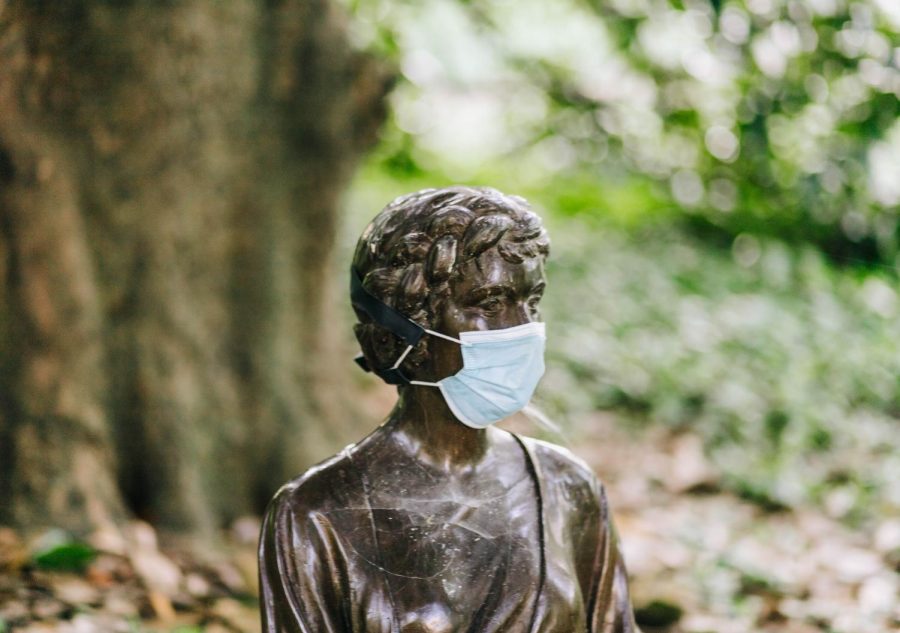




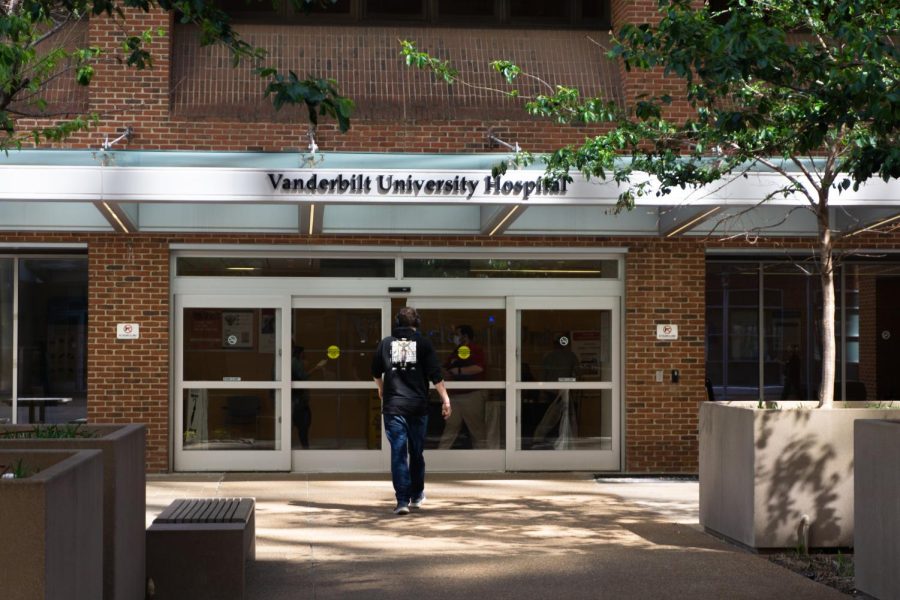


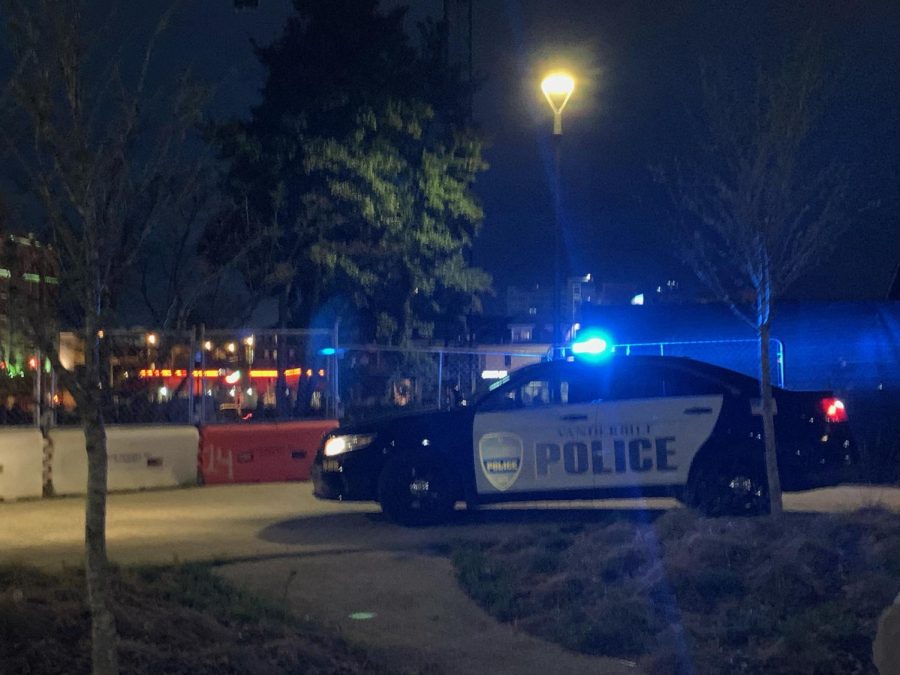
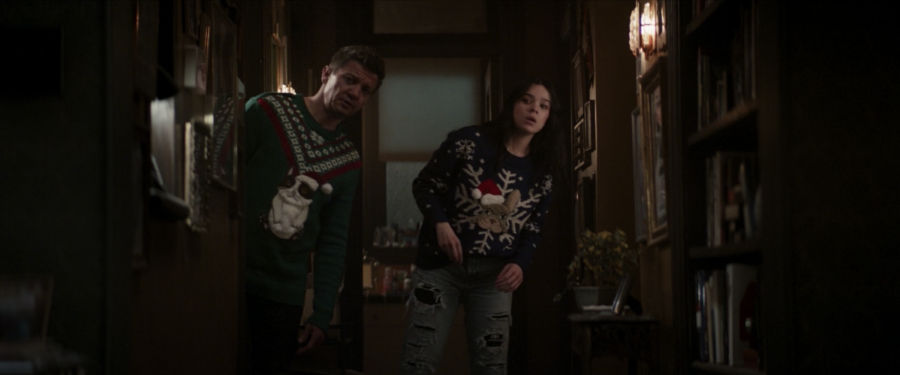
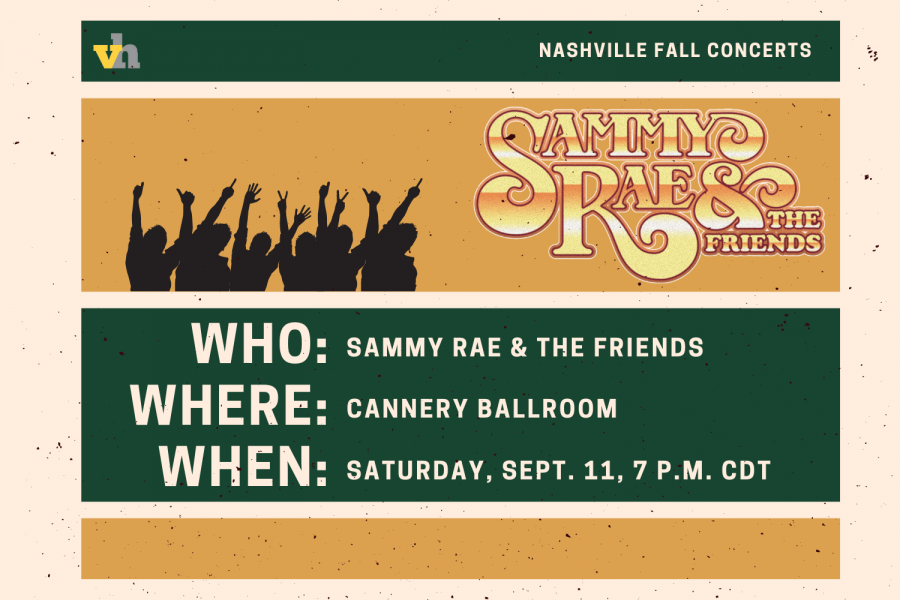
Totally Not Dermier • Feb 23, 2022 at 4:28 pm CST
This is ridiculous, Vanderbilt COVID policies are flawless. Who could ever have a problem with our fantastic policies.
Oil is a good investment
Dr. Fauci • Feb 22, 2022 at 9:01 am CST
Get real- you’re vaccinated. Getting tested for covid is silly at this point